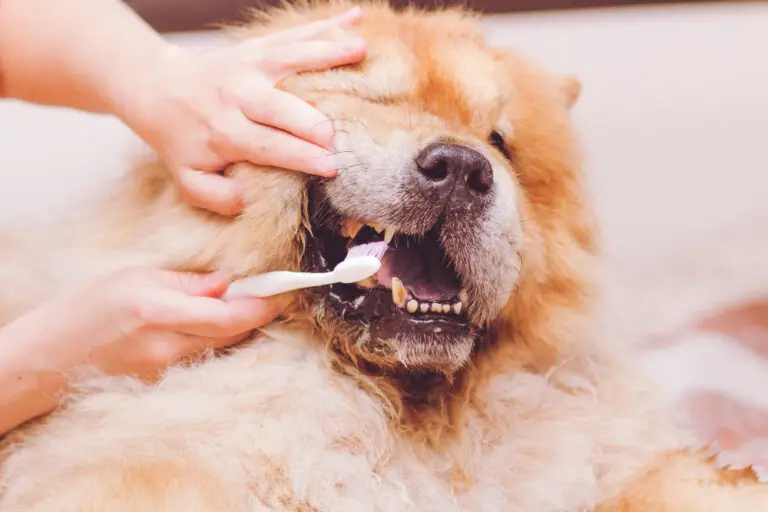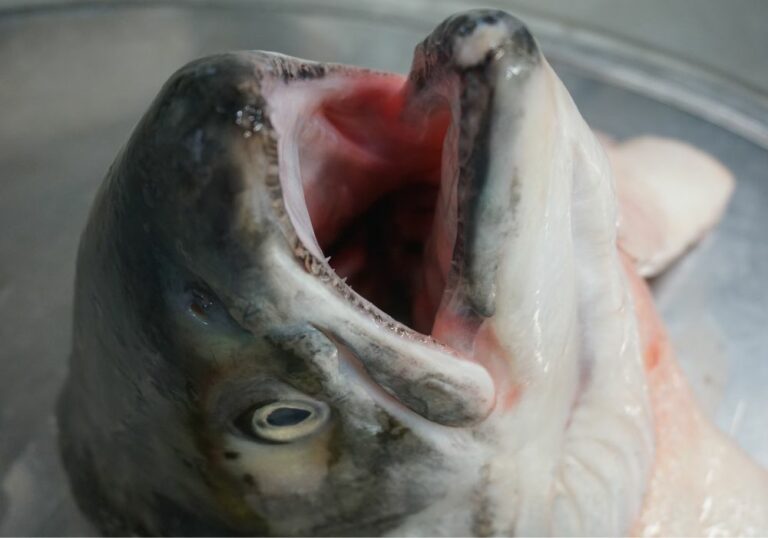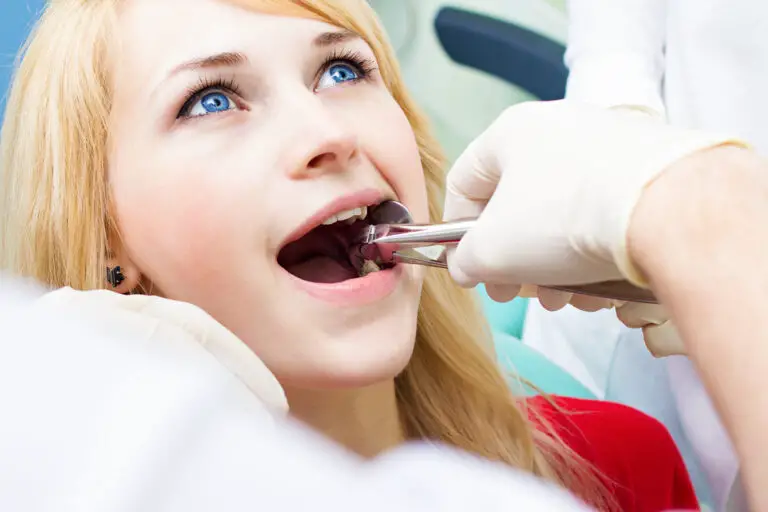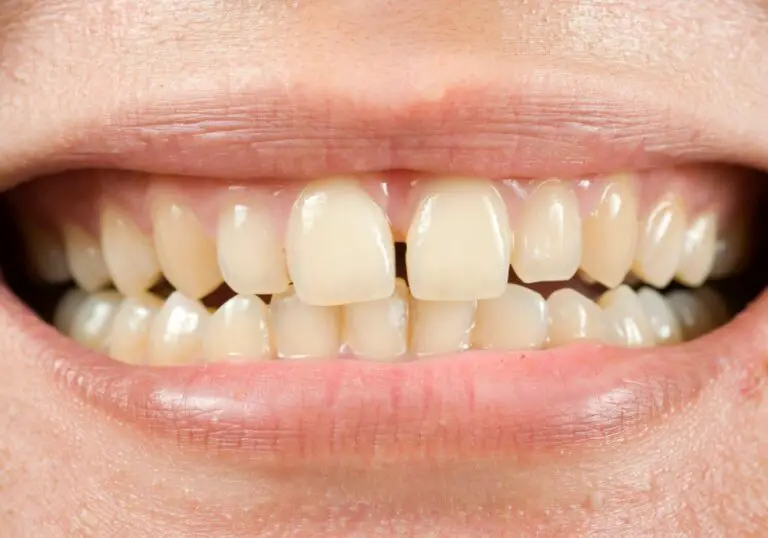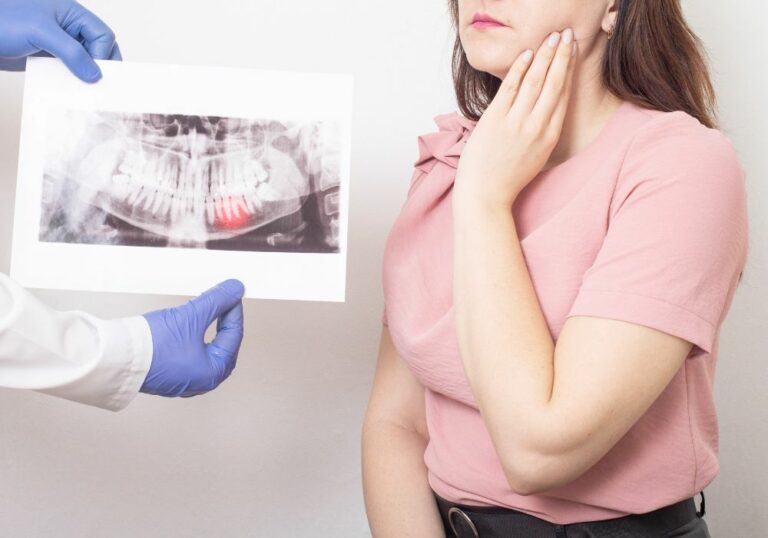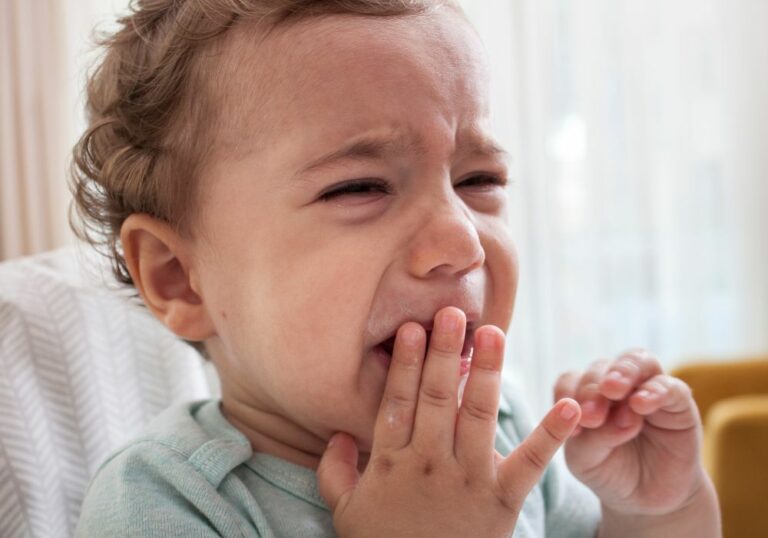If you’re about to undergo wisdom teeth removal or have recently had your wisdom teeth removed, you’re probably wondering how long it’ll take to get back to your regular routine. If you also like to keep your mouth busy, you may wonder, when can I chew gum after wisdom teeth removal?
Chewing gum after wisdom teeth removal largely depends on how fast your mouth heals. However, oral surgeons generally recommend that you wait at least two weeks before attempting to chew gum.
Depending on the type, the gum is often sticky, sugary, and chewy. To let your gums heal properly, it is best that you avoid it in the first few days to weeks after your surgery. Stick to liquids and soft foods that will not strain your jaw.
Is it Safe to Chew Gum After Wisdom Teeth Removal?
Over the first few hours after your wisdom teeth are removed, your mouth will be stiff, sore, and swollen. At this stage, you are advised to avoid tough and chewy food, gum included. This is because your mouth has only started to heal and can easily be irritated by what you eat.
After the first few days following your surgery, your mouth will feel much better, and you may even be able to start eating solid food again. However, it would be best to stay away from chewing gum even at this time.
Experts estimate that it will take at least two weeks for your mouth to completely heal. If you try to chew gum any sooner, your mouth is at risk of developing severe postoperative complications.
What Happens if I Chew Gum Immediately After Wisdom Teeth Extraction?
If you were given anesthesia during the extraction, your mouth might feel numb immediately after the procedure. However, this doesn’t mean it is safe for you to start chewing gum. Chewing gum right after your procedure may irritate the extraction site and delay the healing process.
Here are some complications that could arise from chewing gum immediately after a wisdom tooth extraction;
1. Dislodged Blood Clot
Part of the healing process involves the formation of blood clots over your gum at the area where the wisdom teeth were extracted. This blood clot resembles a wet, red scab that covers the now empty tooth socket. It protects the underlying bone and nerve endings from being exposed or damaged.
If you chew gum at an early stage, use straws, or eat hard food, there is a big possibility that you may remove the blood clot from its position, leaving the tooth socket exposed. This leads to a condition called “Dry socket”, which causes even more pain.
Naturally, a blood clot will gradually get smaller until the stitches heal completely. To avoid developing a dry socket, it is best to wait till your gums have fully recovered before chewing gum.
2. Infections
The sticky nature of gum makes it more likely to get stuck in your empty tooth socket. So, even if you manage to take it out without dislodging the blood clot there, you may leave some pieces behind. These remnant pieces of gum may lead to bacteria build-up, eventually leading to an infection.
Usually, your oral surgeon will prescribe antibiotics or other medications and give you thorough home-care instructions to prevent infections. However, if you chew gum earlier than you should, you may still get infected.
Infected gums are painful and uncomfortable and may lead to more severe health conditions if not attended to early enough.
Signs of infected gums include; constant bleeding, secretion of pus from the extraction site, fever, chills, and excessive swelling. Also, if the bleeding doesn’t go down after using dental packs or ice packs, it might be a sign of infection.
If you notice these signs, contact your dentist immediately to avoid further complications.
3. Pain
After surgery, your jaw muscles will feel stiff, numb, and sore for the first few days. This stiffness will only go away after the extraction site begins to heal. If you chew gum in the early stages, you will be applying excessive pressure on the extraction site.
This excessive pressure will increase pain and possibly re-open your stitches. This will also delay the rate at which you recover. To avoid this, it is best to stick with mushy food, and you may even end up hastening your recovery.
Are There Any Benefits to Chewing Gum After Wisdom Teeth Removal?

While there are several reasons why experts advise you to stay away from gum right after wisdom teeth extraction, there could also be some potential benefits to chewing gum after your procedure.
Some of the potential benefits of chewing gum include;
1. Increased Blood Flow
Chewing gum increases the rate at which blood flows to your mouth, gums, and jaw area. This increased blood flow helps to reduce inflammation and significantly lessen the swelling in your mouth. It may also help to relieve any discomfort you may feel by keeping your mouth active.
2. Stimulates Saliva Production
Generally, chewing gum helps stimulate saliva production in your mouth. If you’re experiencing a dry socket, excess saliva in your mouth may help to keep the empty tooth socket moist and reduce the pain that emanates from exposed bone and nerve endings.
3. Removes Food Debris
Chewing gum also helps to dislodge any food particles stuck between your teeth. This helps to keep your teeth clean, reduces the chances of plaque formation, and lessens the risk of infections.
Note: Even with all the potential benefits listed above, experts still advise waiting until your mouth is completely healed before chewing gum. This is because the risks far outweigh the benefits, and preventing a health complication is easier than managing one.
How to Safely Chew Gum After Wisdom Teeth?
When your mouth has adequately healed and you want to start chewing gum again, here are some simple guidelines you can follow to get back on your regular diet safely;
- Ensure you get your doctor’s approval before you chew gum. After adequately assessing how well your stitches have healed, your dentist will give you the okay to start chewing gum again.
- Stick to sugar-free gum, which reduces the chances of bacteria build-up or developing cavities.
- Chew slowly, and chew in small, manageable bites. Any vigorous chewing will pressure your jaw and may trigger pain if it is not fully healed yet.
- Do not chew for long periods. Chew gum only for a few minutes at a time before gradually reducing the time intervals.
- If you notice any bleeding or sharp, metallic taste in your mouth, report it to your doctor. A thorough check-up will determine if it is just a slight injury or if you may have reopened your wounds again.
What Else Should I Avoid Eating After Wisdom Teeth Extraction?
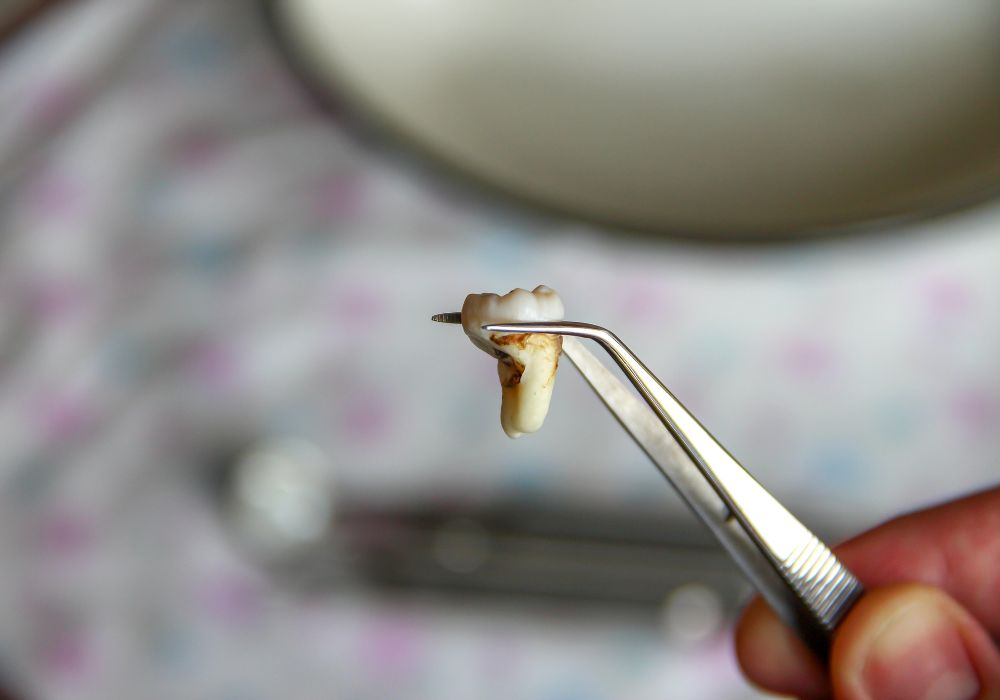
Besides gum, there are several other food items you’re advised to avoid following wisdom teeth extraction.
Some categories of food you should steer clear of include;
1. Chewy or Sticky Food
Chewy food requires you to exert pressure on your gums and may cause pain or discomfort. As such, you should stay away from them for the first few days. This includes gum, honey, caramel pizza, bread, bagels, beef jerky, or tough meat.
2. Hard Food
Avoid hard food like nuts, uncooked rice, quinoa, popcorn, apples, hard toast, chips, and other snacks that might leave debris stuck in your teeth. Hard food will also make it uncomfortable to chew and may overwork your jaw muscles to the point of pain.
3. Acidic or Sugary drinks
Drinks like soda, orange juice, alcohol, and the like are best avoided during the early stages of your recovery. Also, avoid scalding food that may irritate your gums and cause more pain.
What to Eat After Wisdom Teeth Removal?
Now that you know what to avoid, let’s look at what is safe to eat immediately after your surgery;
Semi Solid Food
Semi-solids like smoothies, chicken soup, broth, milkshakes, yogurt, and pudding are the types of food you should eat within the first few days. They are soft, easy to shew, and will not irritate your gums.
Soft Solid Food
After your gums have started to heal, you can start eating soft solids like pureed vegetables, cooked carrots, avocados, scrambled eggs, jell-O, mashed potatoes, ice cream, oatmeal, pudding, and other foods of similar consistency.
You can also eat soft proteinous food like salmon, tuna, well-cooked beef, or chicken. These are highly nutritious and will help to make your recovery smooth. Additionally, you should incorporate more fruits and vegetables into your diet as they will help replenish any nutrients you may have lost during recovery.
When your gums have fully healed, you can gradually incorporate solid food into your diet. Pizza, soft bread, and other soft foods are good places to start. However, ensure you do a post-op visit to get clearance from your dentist before eating them.
Final Thoughts
To conclude, avoiding gum for the first few days or weeks after wisdom teeth extraction is best. Gum is sticky and sugary, and besides making it difficult to chew, it may also get stuck in your teeth sockets and cause dislodged blood clots, dry sockets, infections, and other complications.
Experts also advise avoiding hard food like popcorn or chips and sticking to soft food like scrambled eggs and mashed potatoes.

